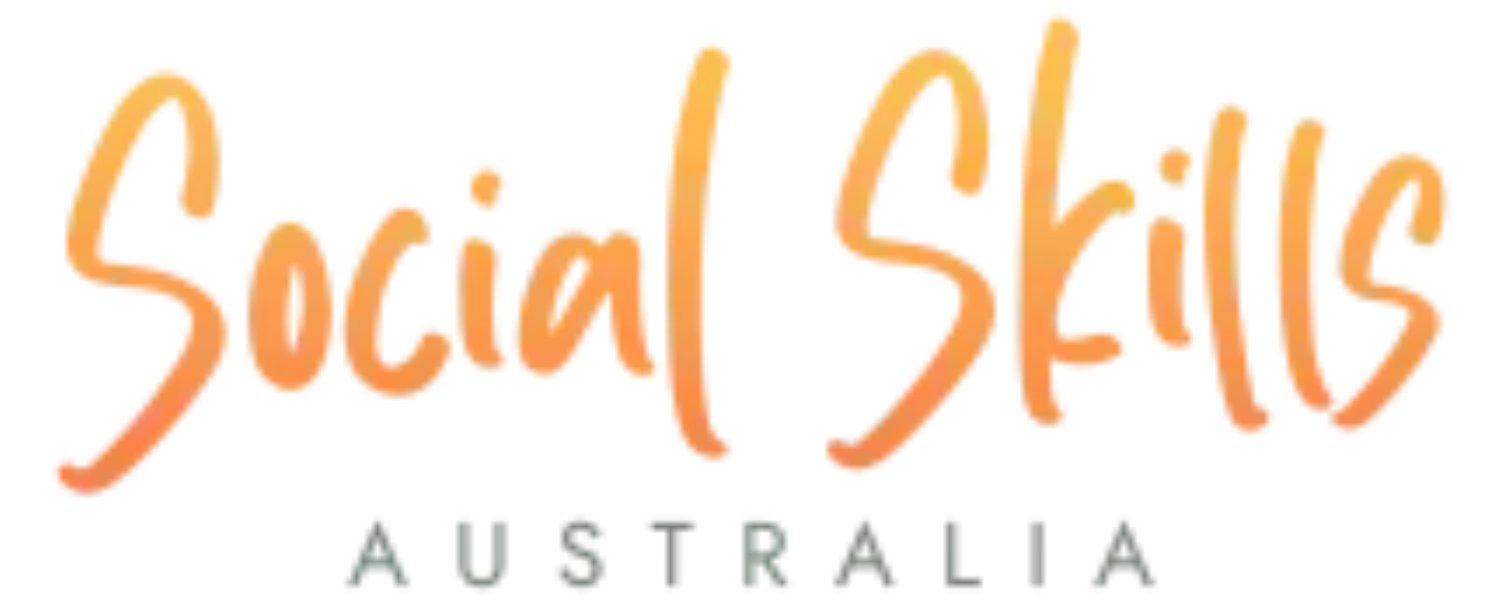
Social Skills
The Blog
Why Friendships Are Hard for Autistic Teens (and How to Help)
Friendships are a central part of teenage life, yet for autistic teens, forming and maintaining these relationships can often feel confusing, exhausting, or even impossible. Many parents, caregivers, and educators notice that while autistic teens often want friendships, they sometimes struggle to navigate the unwritten rules of social interaction. Understanding why friendships are challenging – and knowing how to provide support – can make a world of difference.
New Year, Same You (No Pressure)
As a new year begins, there is often an unspoken expectation to change. New goals. New habits. A “new version” of yourself.
For many neurodivergent young people and adults, this pressure can feel overwhelming rather than motivating. The idea that you must suddenly become more confident, more social, or more outgoing can create anxiety before the year has even begun.
Managing Your Reputation: Why It Matters (and How to Change It)
Everyone has a reputation. It is the way others see and describe us. Sometimes that reputation feels fair, but other times it might be based on misunderstandings, old mistakes, or behaviours we have already outgrown.
“I Want to Date… But I Have No Idea Where to Start”
If you have autism, ADHD, social anxiety or you’ve just never had much dating experience, these questions can feel huge.
It’s not that you don’t want to date, you just don’t know the steps.
And that’s frustrating.
Finding Friendships After 30: Why It’s Hard And How to Make It Easier
Making and keeping friends after 30 isn’t as simple as it used to be.
Back in school or uni, friendships almost formed themselves. Classmates, clubs and constant social events gave us ready-made opportunities to meet people and stay connected.
Where Friendships Begin: Finding a Source of Friends
When we think about friendship, the first step is often the hardest: Where do I even find friends?
For many adolescents and young adults, especially those who are neurodiverse, making and keeping friends can feel overwhelming. But here’s the secret — every friendship starts with a source of friends.
Why Every Young Person Should Learn Social Skills: One Parent’s Powerful Perspective on the PEERS® Program
Why Every Young Person Should Learn Social Skills: One Parent’s Powerful Perspective on the PEERS® Program
In a world that’s increasingly fast-paced, digital, and socially complex, one thing remains unchanged: the importance of connection. Whether it’s friendships, family relationships, or professional communication, social skills are the foundation of a thriving life.
What To Do When Someone Teases You: A Guide to Handling Teasing Effectively
What To Do When Someone Teases You: A Guide to Handling Teasing Effectively
Teasing can really hurt, right? Whether it’s at school, work, or online, being teased can make you feel upset, embarrassed, or powerless. You might have been told to just ignore it, walk away, or tell an adult. But here’s the truth: those strategies don’t always work—and sometimes, they can even make things worse.
Help Your Loved One Navigate Common Social Challenges
We understand that navigating social situations can be tough, especially when you have autism, ADHD, or other social challenges. Whether you're a teen, a young adult, or a parent supporting someone in their social development, these challenges are real, and they can be frustrating.
The PEERS® Social Skills Boot Camp for June 2025 is designed to address these struggles and help participants improve their social interactions in a structured, supportive environment. But why should you consider this Boot Camp for you or your child? Let’s look at some of the common pain points and how this program can provide real solutions.
Why "I" Statements Are a Game-Changer for Better Communication
Have you ever been in a conversation where you tried to explain how you felt, but it turned into an argument instead?
Maybe you said something like, "You're always ignoring me!" — and suddenly the other person got defensive.
That's exactly where "I" statements can help.
"I" statements are a simple but powerful communication tool.
They let you express your feelings clearly, without blaming or accusing the other person — which means people are much more likely to really listen to you.
Let's break it down.
Why Finding the Right Places to Meet Friends Matters
Making friends can be hard — especially if you don’t know where to find them.
We hear it all the time from parents and young people: “They want friends, but they just don’t have anyone to talk to.” Or “There’s no one their age that they connect with.” And sometimes, that’s true — because they’re simply not in the right spaces to meet like-minded people.
Starting a Conversation: The First Step to Making Friends
For many young people, one of the hardest parts of making friends is knowing how to start. It’s not always about being outgoing or funny — sometimes, it’s simply knowing what to say, when to say it, or how to join in.
You might see your teen or young adult hang around the edges of a group, clearly wanting to be part of it, but unsure how to get involved. They might smile, look over, or even walk past a few times — hoping someone will notice. But without the right tools or confidence, starting that conversation can feel impossible.
How Social Skills Help You Fit In in Social Groups
We all want to feel like we belong. Whether it is at school, work, or in social settings, being part of a group gives us a sense of connection and support. But for many, especially those who struggle with social skills, fitting in can feel challenging. The good news is that social skills are learnable, and they play a crucial role in being accepted by peers and making lasting friendships.
Discover the PEERS® Social Skills Boot Camp with Social Skills Australia
Building social confidence and meaningful connections can be a challenge for many people, especially those who experience social difficulties. That’s where the PEERS® Social Skills Boot Camp by Social Skills Australia comes in—an interactive, immersive experience designed to provide the tools and strategies needed to thrive in social settings.
The Reward of Investing in Your Social Growth
As we navigate different stages of life, personal development often takes center stage—whether in our careers, health, or hobbies. But one area that is just as crucial, yet often overlooked, is social growth. The ability to build strong relationships, communicate effectively, and feel at ease in social settings is not just a luxury—it’s an essential life skill. Investing in your social growth can open doors to fulfilling friendships, rewarding careers, and greater overall well-being.
The Biggest Myths About Dating and How to Overcome Them
Dating can feel overwhelming, especially if you’ve been led to believe certain myths about how it all should work. Many of these misconceptions create unnecessary pressure, making the dating experience more stressful than it needs to be. The good news? Once you recognise these myths for what they are, you can approach dating with more confidence and ease.
All about the Over 30’s Social Skills Workshop by Social Skills Australia
Navigating social situations can be challenging at any age, but for many adults over 30, the need to improve social confidence becomes even more essential. Whether you’re looking to enhance your career, build meaningful friendships, or simply feel more at ease in social settings, Social Skills Australia’s Over 30’s Social Skills Workshop is designed to help you develop essential communication skills in a supportive environment.
How to Really Put Yourself Out There
For many people, especially those in the neurodiverse community, the idea of “putting yourself out there” can feel overwhelming. Social interactions can be tricky, and stepping out of your comfort zone may seem like a big challenge. But building connections and creating opportunities for growth is possible—and it starts with small, manageable steps.
Here’s a guide to help you put yourself out there while honouring your unique needs and strengths.
As an Autistic Person, My Social Motivations Are Different—That Doesn’t Make Me Rude
For many autistic people, navigating social situations can feel like walking a tightrope. The way we approach communication and relationships is often shaped by our unique experiences and motivations, which may not align with neurotypical social norms. This difference isn’t about being rude or unfriendly—it’s about operating from a different framework of understanding and interacting with the world.




















